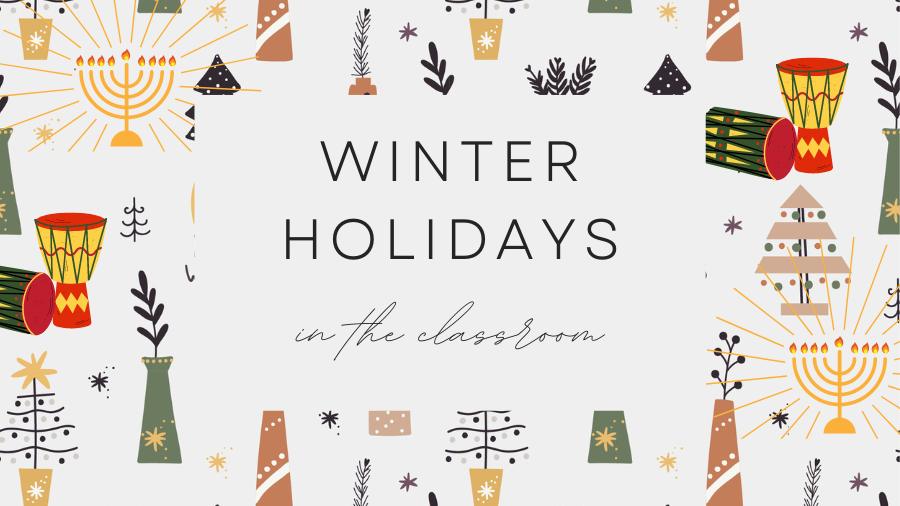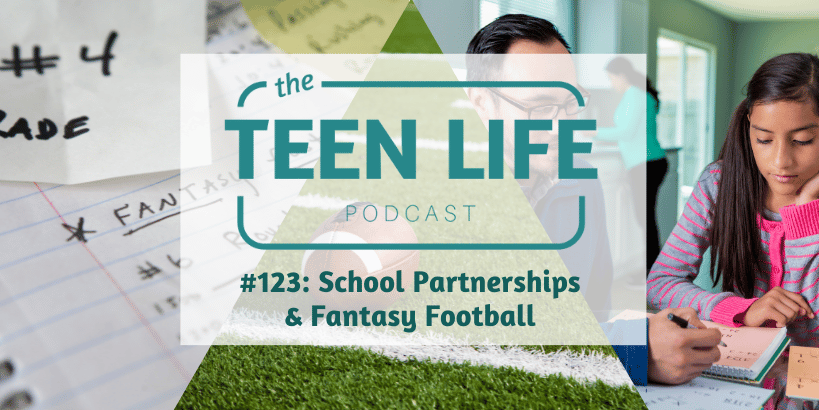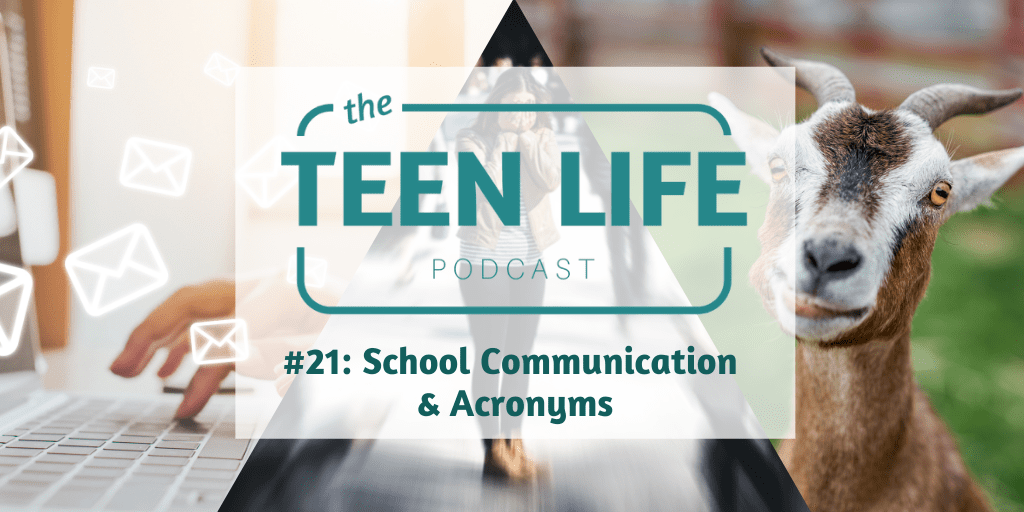December brings with it a myriad of celebrations and advent activities, and not just for Christmas. The winter holiday season holds delights for many cultures and religious communities!
While Christmas remains the most commonly celebrated holiday in America, the percentage of people who celebrate it has declined significantly according to polls and census data. A 2023 Statista poll reports that 78% of the people interviewed celebrate Christmas, whether they were religious or not.
A teacher recently posted a comment on Twitter that gave pause for reflection. It was a comment on a repost from 4 years ago. You can read more of the post below, but the gist is that one teacher had posted that “unless you work in a Christian school, Christmas doesn’t belong in your classroom.” So the teacher polled her class and what she learned caused her to change the way she approached winter holidays in her classroom.
Here are some common winter holidays you should know:
Advent: Sun, Dec 3, 2023 – Sun, Dec 24, 2023
The word Advent derives from the Latin adventus, which means an arrival or visit. Advent celebrates the coming of Christ and is traditionally observed the four Sundays before Christmas Day.
Advent traditions usually include lighting a candle each Sunday to celebrate a different aspect of the Christmas story; advent calendars with toys and chocolate; daily advent reading plans.
Hanukkah: Dec. 7, 2023 – Dec. 15, 2023
People outside the Jewish community often think it’s just the Jewish version of Christmas, but it has been celebrated since before Jesus’ birth. However, it commemorates the victory of the Macabees over the Syrian Greeks in 164 BC. The Hannukah story tells of when the temple was restored and there was not enough oil to keep the temple lit day and night, but the small amount of oil they had burned bright for eight days.
Common Hannukah traditions are lighting one candle of the menorah each day for nine days; playing dreidel; fried foods to symbolize the oil; and in America, small gifts for each night.
Kwanzaa: Dec. 26 – Jan. 1
Born in a time of racial unrest, Kwanzaa is a weeklong celebration of African-American culture and heritage. The name, “Kwanzaa”, is derived from the word “first” in Swahili and takes inspiration from the start of the harvest season in Africa when the first crops are gathered.
Kwanzaa is celebrated with black, red, and green candles; a banquet on December 31 with food and dancing; gifts for small children.
Winter Solstice: Dec 21
At the Winter Solstice, the sun travels the shortest path through the sky, resulting in the day of the year with the least sunlight, and therefore, the longest night.
A common winter solstice tradition is burning a yule log to celebrate the days getting “longer”.
Celebrating Winter Holidays and Creating Holiday Traditions that Unify
The important thing is to take into account your school environment and the kids within it.
At home, shared traditions can bring opportunities to connect with teens and an excuse for much-needed fun.
Be sure to follow for fun ideas, a gift guide for teens, games to play as a family, travel tips, and other ways to make holidays with teens meaningful for kids and adults.
What are your family traditions? If you are a teacher, what are some ways that you make winter fun?

Kelly Fann
Digital Media Manager
Kelly Fann | Digital Media Manager
Kelly has a desire to empower young people to grow into the best version of themselves. Using her background in branding and word-smithing, she is a master at highlighting resources that help teens learn skills that will enable them to grow and to adapt, to enjoy life and to be better citizens. Kelly has a MA in Linguistics from North Texas University.





